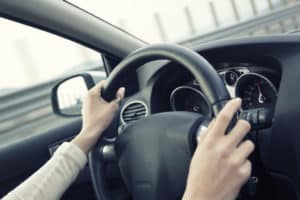 When it comes to drunk driving, Missouri is tough, but also offers a few different options for offenders to help keep things positive. Some of those options are even available before a DWI offender makes it into a court, where a judge hands down the terms of the conviction. Administrative penalties are a stopgap solution in almost half the states in the U.S., helping offenders keep their freedom to drive – as long as there is an ignition interlock in place in most cases.
When it comes to drunk driving, Missouri is tough, but also offers a few different options for offenders to help keep things positive. Some of those options are even available before a DWI offender makes it into a court, where a judge hands down the terms of the conviction. Administrative penalties are a stopgap solution in almost half the states in the U.S., helping offenders keep their freedom to drive – as long as there is an ignition interlock in place in most cases.
You’ll Need a Limited Driving Privilege (LDP) or Restricted Driving Privilege (RDP) after a Missouri DWI
Those are your options as long as you have no other alcohol-related convictions on your record, that is. After you are arrested or charged with your first-offense DWI, you can:
- Ask for an immediate 90-day Restricted Driving Privilege (RDP) license or
- Wait 30 days and then request your RDP.
Both options require that you install and maintain an ignition interlock device and file proof of insurance (SR-22) to be approved for the RDP.
If you are charged with a Missouri DWI and already have an alcohol-related conviction on your record, you won’t qualify for a license suspension. Instead, you will have to apply for a Limited Driving Privilege (LDP) license, following a similar process as above. The difference between the two types of licenses, aside from the prior criminal conviction, is that the LDP limits your ability to drive outside of certain situations. For instance, the LDP will allow you to drive to and from work, but recreational driving may be off limits.
Between the RDP and LDP licenses, you still have every ability to recover from a Missouri DWI, and that’s even without court requirements for a criminal conviction. By following these administrative guidelines, you can get yourself ahead of the curve and show your commitment to sober driving, once and for all, before your freedom and ability to drive at will is taken from you completely.

Leave a Reply
You must be logged in to post a comment.